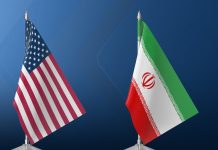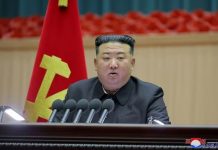Damascus: The decision to allow Syria back into the Arab League has sparked anger among many residents of opposition-held northern Syria and members of the country’s political opposition, who see it as a vindication of the government’s attacks against them during a now 12-year war.
Several Arab League members decided this week to reinstate Syria’s membership, under the leadership of President Bashar al-Assad, after more than a decade of isolation at the organisation’s headquarters in Cairo on Sunday.
“I was very surprised by this decision because I expected our Arab brothers, leaders, and princes to hold Bashar al-Assad accountable for his crimes against the Syrian people over the past 12 years, not to help wash the stains of our blood and body parts of our children and women,” Ghassan al-Yousef, a Syrian dissident from the town of al-Tah in southern Idlib, told Al Jazeera.
Al-Yousef was displaced from his village after government forces took control of it at the end of 2018. Syria’s Arab League membership was revoked after al-Assad ordered a crackdown on protesters in March 2011 that spiralled the country into a war, which has since killed nearly half a million people and displaced another 23 million. Some Arab states have pushed to end al-Assad’s isolation and welcomed the decision, while others have opposed full normalisation without a political solution to the Syrian conflict and want there to be conditions for Syria’s return.
Al-Yousef said the decision to readmit the al-Assad government to the Arab League would not change the demands of citizens like him who still support its removal, want it held it accountable for its crimes, and hope it will be replaced by a free, democratic Syria without Russian or Iranian influence.
“From now on, they must look for a new name for the Arab League after Iran succeeded in infiltrating it through its agent, Bashar al-Assad,” he said.
Iran and Russia have been al-Assad’s main backers throughout the war. The Arab League decided to form a ministerial committee to continue direct dialogue with the Syrian government towards a comprehensive solution to the Syrian crisis and adjacent issues including the refugee crisis, “terrorism”, and drug smuggling. –Agencies





